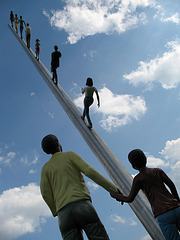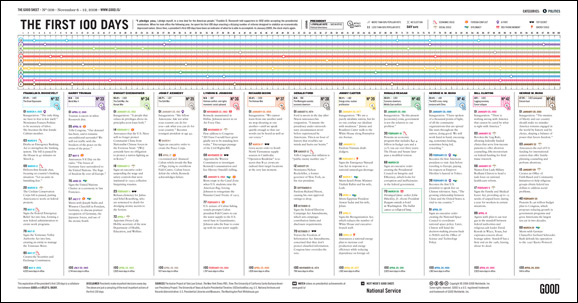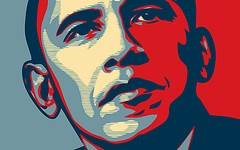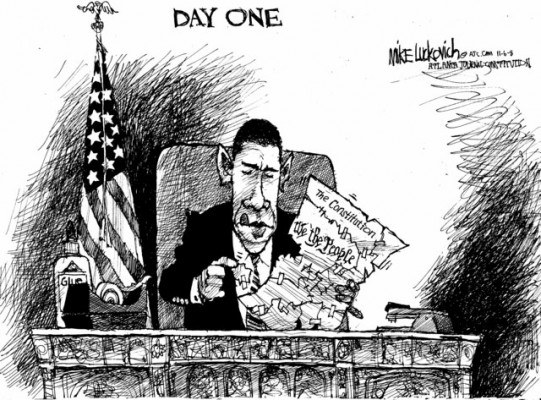Just in time to get you all ready and prepared for the Super Bowl XLIII, here is a little video on the "mystery of the yellow line".
The yellow line denoting the current 10-yard "target" is one of the most impressive things for me about football coverage on television. In fact, it gives viewers at home an interesting advantage over both the fans in the stadium and the referees. Even in situations where the distance needs to be measured exactly on the field, the people at home already know if it was or was not enough to make the 10 yards---so they can relax and enjoy the refs' effort to confirm it. In addition to these little moments of superiority, the sheer awesomeness of mashing up live video with a smooth overlay---while not painting over players' legs etc.---is some seerious geekness I find deeply fascinating.
Now of course, just to be fair, European television channels do similar things in the mean time. For example in soccer, they show the distance to the goal line for free kicks. Still, due to the different objective of American Football, the advantage is much more striking there than in the European sports I know.
Have a fun Super Bowl with your friends and---of course---root for the Steelers!

 [/caption]Here's an "award" the city of Pittsburgh would probably prefer not to have "won". According to the 2008 American Lung Association’s
[/caption]Here's an "award" the city of Pittsburgh would probably prefer not to have "won". According to the 2008 American Lung Association’s 


 ...
... 